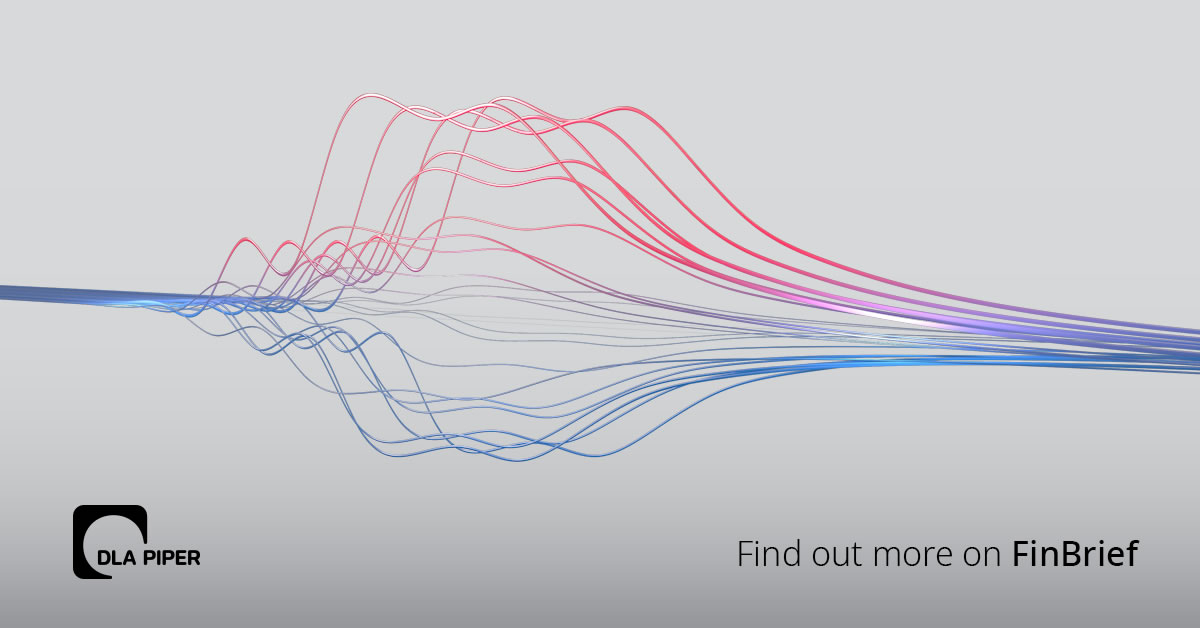Several international airlines have been exploring various ways in which Blockchain technology can be used to help improve the efficiency in the way they operate:
-Air France is trialling a blockchain-powered health passport, ICC AOKpass. This app enables passengers to present their COVID-19 negative test on their mobile phones. -British Airways has invested in and is working with Zamna, a company that are using facial recognition with blockchain technology. -Delta airlines is a member of the blockchain research institute, exploring various technologies to improve the flying experience for its customers. -Etihad Airways has partnered with Winding Tree’s blockchain travel platform. -Luftansa started the initiative Blockchain for Aviation (BC4A), which plans to include participants such as aircraft manufacturers, logistics providers, MRO service providers, software developers, and many more. -Singapore Airlines is using blockchain technology as part of its frequent flyer loyalty program using KrisPay, which offers promotions to customers.
Airlines are also using blockchain technology to help manage take-off and landing slots. The EU-funded SlotMachine consortium is using blockchain technology to develop a cost-efficient solution which will enable airlines to swap take-off and landing slots more efficiently. It is hoped that SlotMachine will allow for more optimal use of airport resources and result in fewer passenger delays. Notably, airlines will not be able to access any competitors’ private data, such as what they are bidding on and how many slots the different airlines have released, but they will be able to see the slots available which best suit their incoming and out-going flights. This is another good example of how blockchain technology is enabling ‘collective capitalism’ - creating a system where previously competitive capitalistic organisations can securely share data they wish, for the benefit of their respective customers and the profitability of the airlines. Alongside this, French industrial conglomerate Thales is also using blockchain technology to trace those aircraft parts undergoing compliance tests. The authenticity of aircraft parts is crucial, given the need for high safety standards in the airline industry.
However, it can be of no surprise at all that it was only a matter of time before Non-Fungible Tokens (NFTs) also found their way into the airline industry - as the picture below shows.

